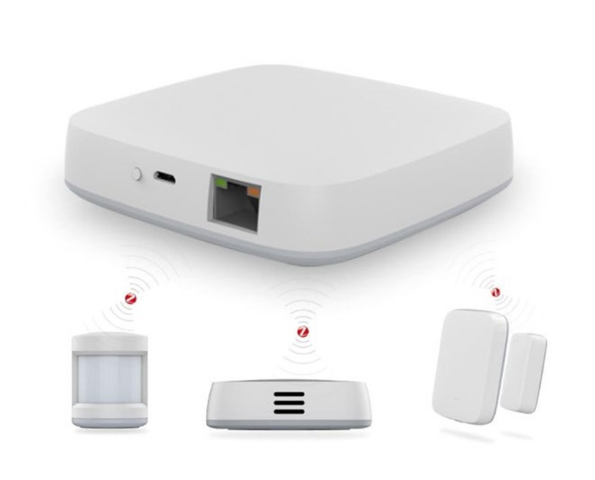Living in a smart home, you will need a smart gateway.
Nowadays, the electrical appliances in the home are not only limited as computers and mobile phones. Nowadays, everything from coffee machines to light bulbs can go online, giving you the freedom to control them as you want.
Smart technology is supposed to make your life easier, but if you have different devices to meet different needs, it might have the opposite effect.
This is where smart gateways come into play. They can give you full control over your smart technology without taking up too much space. What you can control depends on the type of gateway you install.
Therefore, I will take you through what a smart gateway really means so that you can stay connected with your family. I did some extensive research before writing this topic, so you don't have to.
At the end, I'll also talk about some of the popular gateway options that are essential, especially when it comes to price/performance ratio.
Customers guide for IoT gateways

What are gateways?
Before I talk about smart gateways, it is necessary to understand what exactly a "gateway" is. Therefore, gateways act like intermediaries between network protocols.
It allows communication between multiple devices, so it will not affect transport protocol. No matter what type of data you use on the internet, it needs to go through ingress and egress gateways.
Let's take tourism as an example. You can't cross international borders to visit other countries without the proper agreement (passport), right? Well, think of gateways as custom proxies that facilitate travel or, in this case, communication.
Without them, data cannot be transferred between different networks. It needs to be guided, and that's what the method is for.
How can it fight against smart gateway hubs?
Now, a smart gateway or "hub" is an IoT platform that provides network communication for different types of data. In simple terms, when an IoT device such as a sensor or camera needs to access the cloud, it must pass through the gateway first. This is because their protocols are independent and there needs to be a link to connect them back to the system.
They are very important because without them, you won't be able to use advanced automation (If triggers) and condition-based automation.
For example, if your TV is on at night and someone rings the doorbell, you can make the TV automatically pause and the lights automatically brighten. All thanks to the smart gateway.
The application of smart gateways
I'm personally a huge fan of smart gateways because they help me manage a large number of devices and automate my lifestyle. This is a gadget that can connect various smart devices using technologies such as WIFI, Z-wave, and Zigbee.
If I have guests coming over, I can temporarily disable some automation by pressing a button. I also love the simple way to install them and connect them with my appliances. A single smart gateway will have enough energy to manage temperature sensors, security, and light quality.
Without them, any device would certainly be difficult to control, organize, and automate.